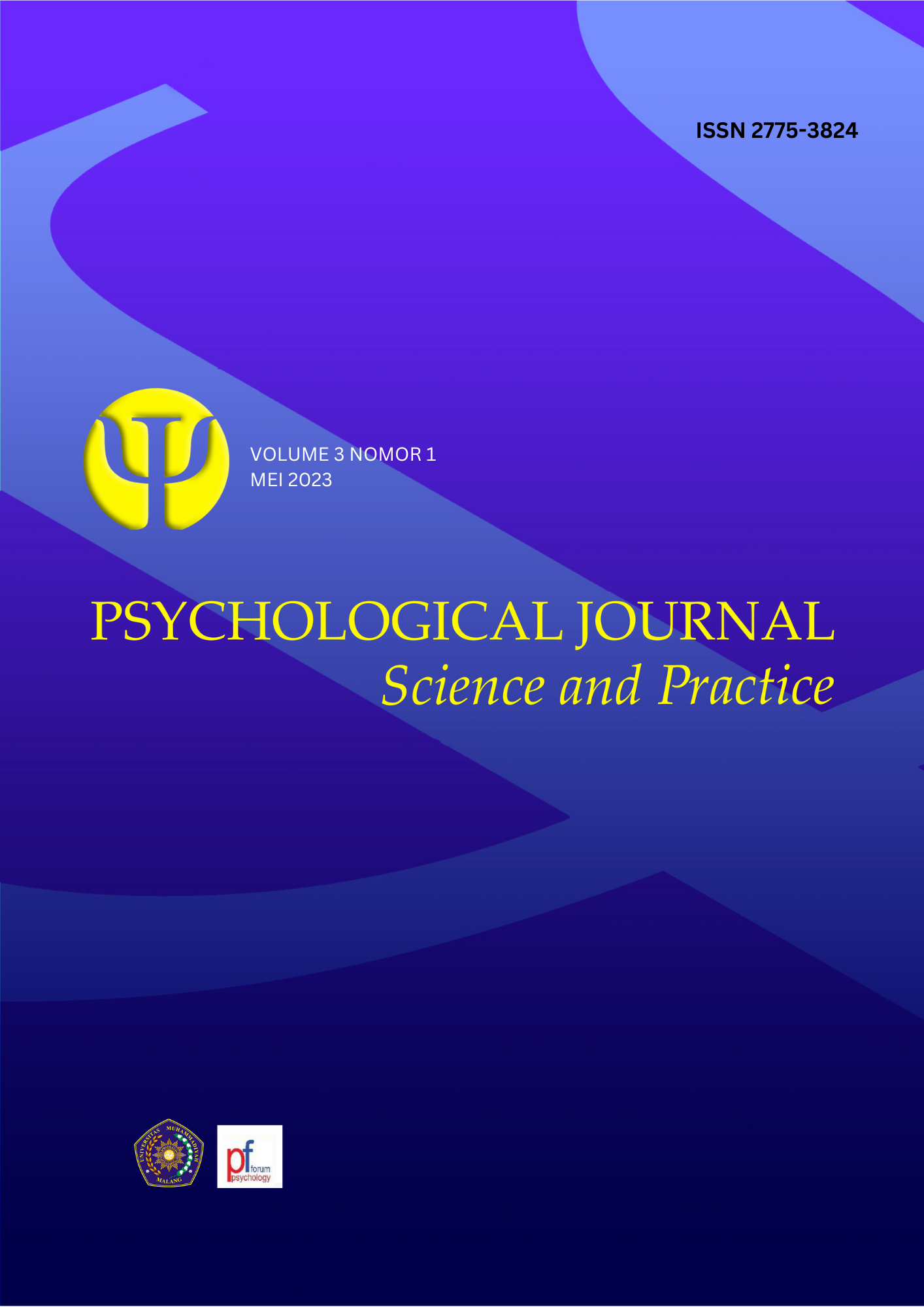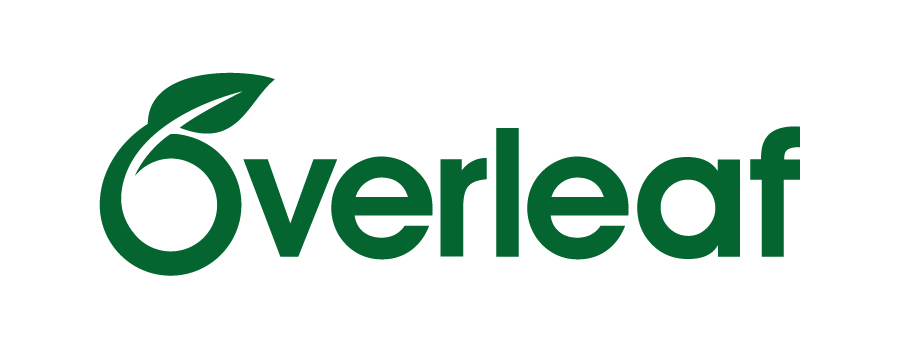Goal Orientation, Ketangguhan Mental, Dan Prestasi Akademik Student Athlete
DOI:
https://doi.org/10.22219/pjsp.v3i1.24187Keywords:
Goal Orientation, Ketangguhan Mental, Prestasi Akademik, Student AthleteAbstract
Academic achievement is an important component in education as a condition for knowing how much competent person. Like student athletes who are carrying out their education at a university, they carry out training tasks as an athlete and study as a student so that there are stereotypes about success and academic failure. This study aimed to determine the effect of mental toughness on academic achievement of student athlete, knowing the effect of goal orientation on student athlete academic achievement, and also determine whether there is an interaction between mental toughness and goal orientation. Number of subjects in the study 113 student athletes. The instruments used were the Mental Toughness Index and Achievement Goals Scales. The results showed that goal orientation was related to academic achievement (β = 0.004; r = 0.043), mental toughness had no effect on academic achievement (β = -0.005; r = 0.057), and was not found the interaction between mental toughness and goal orientation in predicting academic achievement (β = 0.000; r = 0.061).
Downloads
References
Ahmad A, Abulaban A, Al Shawwa L, Merdad A, Baghlaf S, Abu-shanab J, Ahmed Algethami, & Abdulrahman Balkhoyor. (2015). Factors potentially influencing academic performance among medical students. Adv Med Educ Pract. doi: 10.2147/AMEP.S69304
Barron, K. E., & Harackiewicz, J. M. (2001). Achievement goals and optimal motivation: Testing multiple goal models. Journal of Personality and Social Psychology, 80(5), 706–722. https://doi.org/10.1037/0022-3514.80.5.706
Butt, J., Weinberg, R., & Culp, B. (2010). Exploring mental toughness in ncaa athletes. Journal of Intercollegiate Sport, 3, 316–332.
Bungin, B. (2010). Metode penelitian kuantitatif. Jakarta: PT Raja Grafindo Persada.
Birgit Spinath. (2012). Academic achievement. Heidelberg University, Elsevier Inc. All rights reserved.
Chaplin, J.P. (2001). Kamus lengkap psikologi. Jakarta; Grafindo.
Chen, C. (2015). Incremental validity of achievement goals in predicting subjective well-being among university students. Journal of Cognitive Education and Psychology, 14, 38-62. Doi: 10.1891/1945-8959.14.1.38
Christiana, B., & Fre´de´ric, G. (2018). Mental toughness among high school students: A test of its multidimensionality and nomological validity with academic achievement and preference for difficult tasks. Soc Psychol Educ. https://doi.org/10.1007/s11218-018-9437-y
Christopher, W. (2006). Academic achievement goal orientation: Taking another look. Department of educational foundations and special services, kent state university, kent, ohio. Electronic Journal of Research in Educational Psychology. 4(3), 529-550.
Clough, P. J., Earle, K., & Sewell, D. (2002). Mental toughness: The concept and its measurement. In I. Cockerill (Ed.), Solutions in sport psychology (pp. 32–43). London: Thomson.
Curral, L., Marques-Quinteiro, P. (2009). Self-leadership and work role innovation: Testing a mediation model with goal orientation and work motivation. Revista de Psicologia delTrabajo y de las Organizaciones, 25(2), 165-176.
Curtis, T. R. (2006). Encouraging Student-Athletes' Academic Success Through Task Orientation Goal-Setting. Journal Of Collage & Character, VII(3), 1-5.
Gul, F., & Shehzad, Shumaila. (2012). Relationship Between Metacognitional, Goal Orientation and Academic Achievement. Elsevier, 1864-1868.
Crust, L., & Azadi, K. (2010). Mental toughness and athletes’ use of psychological strategies. European Journal of Sport Science, 10(1), 43–51. https://doi.org/10.1080/17461390903049972.
Crust, L., & Clough, P. J. (2005). Relationship between mental toughness and physical endurance. Perceptual and Motor Skills, 100(1), 192–194. https://doi.org/10.2466/PMS.100.1.192-194
Darren J. A. Yopyk., & Deborah A. Prentice. (2005). Am i an athlete or a student? Identity salience and stereotype threat in student–athletes. Bacic and applied social psychology, 27(4), 329-336. https://doi.org/10.1207/s15324834basp2704_5
Declan, C., Sheldon, H., & Graham, J. (2017). Mental toughness: Key issues in this area. International Journal of Sport Psychology, 2008; 39, 192-204.
Derrick, G., & Ronald D. Flowers. (2014). Factors that positively affect academic performance of African American football student athletes. Journal for the study of sports and athletes in education, 8 (2), 77–9. https://doi.org/10.1179/1935739714Z.00000000020
Dweck, C. S., & Leggett, E. L. (1988). A social-cognitive approach to motivation and personality. Psychological Review, 95, 256–273. https://doi.org/10.1037/0033-295X.95.2.256
Ezechiel, R. C., François, G., Don, D., & George, K. (2012). Balancing academic and athletic time management: A qualitative exploration of first year student athletes’ university football experiences. Society And Leisure, 35(2), 243-261. https://doi.org/10.1080/07053436.2012.10707843
Fariha, G., & Shumaila, S. (2012). Relationship between metacognition, goal orientation and academic. Procedia - Social and Behavioral Sciences. https://doi.org/10.1016/j.sbspro.2012.06.914
Julia, F. (2012, Maret 20). Student-athletes & academic success: A comparison of the graduation rates, gpa and after college success of student-athletes and regularstudents.https://scholarsarchive.library.albany.edu/honorscollege_business/11
Lindo, J. M., Swensen, I. D., & Waddell, G. R. (2012). Are big-time sports a threat to student achievement?. American Economic Journal: Applied Economics, 4 (4), 254-274. doi:10.1257/app.4.4.254
Garkaz, M., Banimahd, B., & Esmaeili, H. (2011). Factors affecting students' performance : The case of students At the islamic Azad University. International Conference on Education and Educational Psychology. 29, hal. 122 - 128. Elsevier
Gary, P. Latham. (2007). Work motivation: History, theory, research, and practice. Journal of Human Resources, 45(3), 381–383. doi:10.1177/10384111070450030805
Gucciardi, D. F., Gordon, S., & Dimmock, J. A. (2008). Towards an understanding of mental toughness in Australian football. Journal Of Applied Sport Psychology, 20, 261–281.
Gucciardi, D. F., Peeling, P., Ducker, K. J., & Dawson, B. (2016). When the going gets tough: Mental toughness and its relationship with behavioural perseverance. Journal of Science and Medicine in Sport, 19(1), 81–86. https://doi.org/10.1016/j.jsams.2014.12.005
Gucciardi, D. F., Hanton, S., Gordon, S., Mallett, C. J., & Temby, P. (2015). The concept of mental toughness: Tests of dimensionality, nomological network, and traitness. Journal of Personality, 83(1), 26–44. https://doi.org/10.1111/jopy.12079
Gul, F., & Shehzad, Shumaila. (2012). Relationship Between Metacognitional, Goal Orientation and Academic Achievement. Elsevier, 1864-1868.
Hayes, A. F. (2013). Introduction to mediation, moderation, and conditional process analysis: A regression-based approach. New York, NY: The Guilford Press.
Hildenbrand, K. J. (2005). “An examination of college student athletes’ academic achievement”. K-State Research Exchange.Kansas State, 2005.
Judith, M. H., Kenneth E. Barron., Suzanne M. Carter., Alan T. Lehto., & Andrew J. Elliot. (1997). Predictors and consequences of achievement goals in the collegeclassroom. Journal of Personality and Social Psychology, 73(6), 1284-1295
Kaiseler, M., Polman, R., & Nicholls, A. (2009). Mental toughness, stress, stress appraisal, coping and coping effectiveness in sport. Personality and Individual Differences, 47(7), 728–733. https://doi. org/10.1016/j.paid.2009.06.012
Kenneth, D., Neil, D., Andrew, D., & Andrew, P. (2018). The moderating effect of mental toughness: Perception of risk and belief in the paranormal. Psychological reports. doi:10.1177/0033294118756600
Komatsu, S., Yoshinuma, S., Kato, C., & Aoki, K. (2021). Consideration on factors related to athletes’ mental toughness. Psychology, 12, 595-606. https://doi.org/10.4236/psych.2021.124037
Loredana R., Diaconu-Gherasim., Ana-Maria, T., Cornelia, M., & Andrei, R. (2017). Intelligence beliefs, goal orientations and children’s academic achievement: Does the children’s gender matter?. Educational Studies. https://doi.org/10.1080/03055698.2018.1443796
Leondari, A., & Gialamas, V. (2002). Implicit theories, goal orientations, and perceived competence: Impact on students’ achievement behavior. Psychology in the Schools, 39, 279–291.
Lee, C., Keith, E., John, P., Fiona, E., Angela, C., & Clough, P. J. (2014). Mental toughness in higher education: Relationships with achievement and progression in first-year university sports students. Personality and Individual Differences 69, 87–9. http://dx.doi.org/10.1016/j.paid.2014.05.016
Lin, Y., Mutz, J., Clough, P. J., & Papageorgiou, K. A. (2017). Mental toughness and individual differences in learning, educational and work performance, psychological well-being, and personality: A systematic review. Frontiers In Psychology, 8. https://doi.org/10.3389/fpsyg.2017.01345
Levy, A., Polman, R., Clough, P. J., Marchant, D. C., & Earle, K. (2006). Mental toughness as a determinant of beliefs, pain, and adherence in sport injury rehabilitation. Journal of Sport Rehabilitation, 15(3), 246–254. https://doi.org/10.1123/jsr.15.3.245.
Lotkowski., Veronica A., Robbins., Steven, B., Richard J. (2004, Januari 12). The role of academic and non-academic factors in improving college retention. ACT Policy Rep. 2004; 1–3
Middleton, S. (2007, Maret 12). Mental toughness: Conceptualization and measurement.http://researchdirect.uws.edu.au/islandora/object/uws%3A80/datastream/PDF/view
Mladenovic, M., & Trunic, N. (2019). Goal orientation and mental toughness of young serbian basketball players. Book of proceedings. University of Nis, Serbia, Faculty of physical education and sport, Oct 17-19. Pp. 81-85.
Macpherson C., & Kenny N. (2008). Professionalism and the basic sciences: An untapped resource. Med Educ. doi: 10.1111/j.1365-2923.2007.02967.x
Montecalbo, R. C., & Cardenas, R.C. (2015). Nutritional knowledge and dietary habits of Philippine collegiate athletes. International Journal of Sports Sciences, doi:10.5923/j.sports.20150502.01
Olga, B., & Diana, R. (2019): The relationship of school self-concept, goal orientations and achievement during adolescence. Self and Identity, https://doi.org/10.1080/15298868.2019.1581082
Rasberry CN, Lee SM, Robin L, Laris BA, Russell LA, Coyle, KK., & Nihiser AJ. (2011). The association between school-based physical activity, including physical education, and academic performance: A systematic review of the literature. Preventive Medicine. doi: 10.1016/j.ypmed.2011.01.027
Rees, D.I. & Sabia, J.J. (2010). Sports participation and academic performance: Evidence from the national longitudinal study of adolescent health. Economics of Education Review, 29, 751–759. https://doi.org/10.1016/j.econedurev.2010.04.008
Rosemary, S., Siobhan, L., & Moira, C. (2018). Academic success: The role of mental toughness in predicting and creating success. Higher Education Pedagogies, 3(1), 429-433, doi: 10.1080/23752696.2018.1507623.
Sitticharoon, C., Srisuma, S., Kanavitoon, S., & Summachiwakij, S. (2014). Exploratory study of factors related to educational scores of first preclinical year medical students. AJP Adv Physiol Educ, 38(1), 25–33. doi: 10.1152/advan.00162.2012
Steven, R.W., & Tiffany, A.W. (2015). An examination of the dumb jock stereotype in collegiate student-athletes: A comparison of student versus student- athlete perceptions. Journal for the Study of Sports and Athletes in Education, 9(2), 75-85, doi: 10.1179/1935739715Z.00000000036
Stipek, D.J. (2002). Motivation to learn: Integrating theory and practice. Singapore: Allyn & Bacon.
St Clair-Thompson, H., Bugler, M., Robinson, J., Clough, P., McGeown, S. P., & Perry, J. (2015). Mental toughness in education: Exploring relationships with attainment, attendance, behaviour and peer relationships. Educational Psychology, 35(7), 886–9. https://doi.org/10.1080/01443410.2014.895294
Sugiyono. (2013). Statistika untuk penenlitian. Bandung: Alfabeta.
Suryabrata, S. (1993). Psikolog pendidikan. Jakarta. PT. Raja Grafindo Persada.
Theodore, R.C. (2006). Encouraging student-athletes' academic success through task orientation goal-setting. Journal of College and Character, 7(3). doi: 10.2202/1940-1639.1522
Thomas, E., Hannan, Robyn, L., Moffitt, David, L., Neumann., & Patrick R. Thomas. (2015). Applying the theory of planned behavior to physical activity: The moderating role of mental toughness. Journal of Sport & Exercise Psychology, 37, 514-522. http://dx.doi.org/10.1123/jsep.2015-0074
Wei-Wen, C. (2015). The relations between filial piety, goal orientations and academic achievement in Hongkong. Educational Psychology, http://dx.doi.org/10.1080/01443410.2015.1008404
Wei-Wen, C., & Yi-Lee, W. (2014). Chinese mindset: Theories of intelligence, goal orientation and academic achievement in Hongkong students. Educational Psychology http://dx.doi.org/10.1080/01443410.2014.893559
W.S. Winkel. (1996). Psikologi pengajaran. Jakarta: Gramedia
Downloads
Published
How to Cite
Issue
Section
License
Copyright (c) 2023 Ahmad Husain Albaar

This work is licensed under a Creative Commons Attribution-ShareAlike 4.0 International License.
Authors who publish with Psychological Journal: Science and Practice (PJSP) agree to the following terms:
- For all articles published in Psychological Journal: Science and Practice (PJSP), copyright is retained by the authors. Authors give permission to the publisher to announce the work with conditions. When the manuscript is accepted for publication, the authors agree to automatic transfer of the publishing right to the publisher.
- Authors retain copyright and grant the journal right of first publication with the work simultaneously licensed under a Creative Commons Attribution-ShareAlike 4.0 International License that allows others to share the work with an acknowledgment of the work's authorship and initial publication in this journal.
- Authors are able to enter into separate, additional contractual arrangements for the non-exclusive distribution of the journal's published version of the work (e.g., post it to an institutional repository or publish it in a book), with an acknowledgment of its initial publication in this journal.
- Authors are permitted and encouraged to post their work online (e.g., in institutional repositories or on their website) prior to and during the submission process, as it can lead to productive exchanges, as well as earlier and greater citation of published wor (See The Effect of Open Access).
This work is licensed under a Creative Commons Attribution-ShareAlike 4.0 International License.








